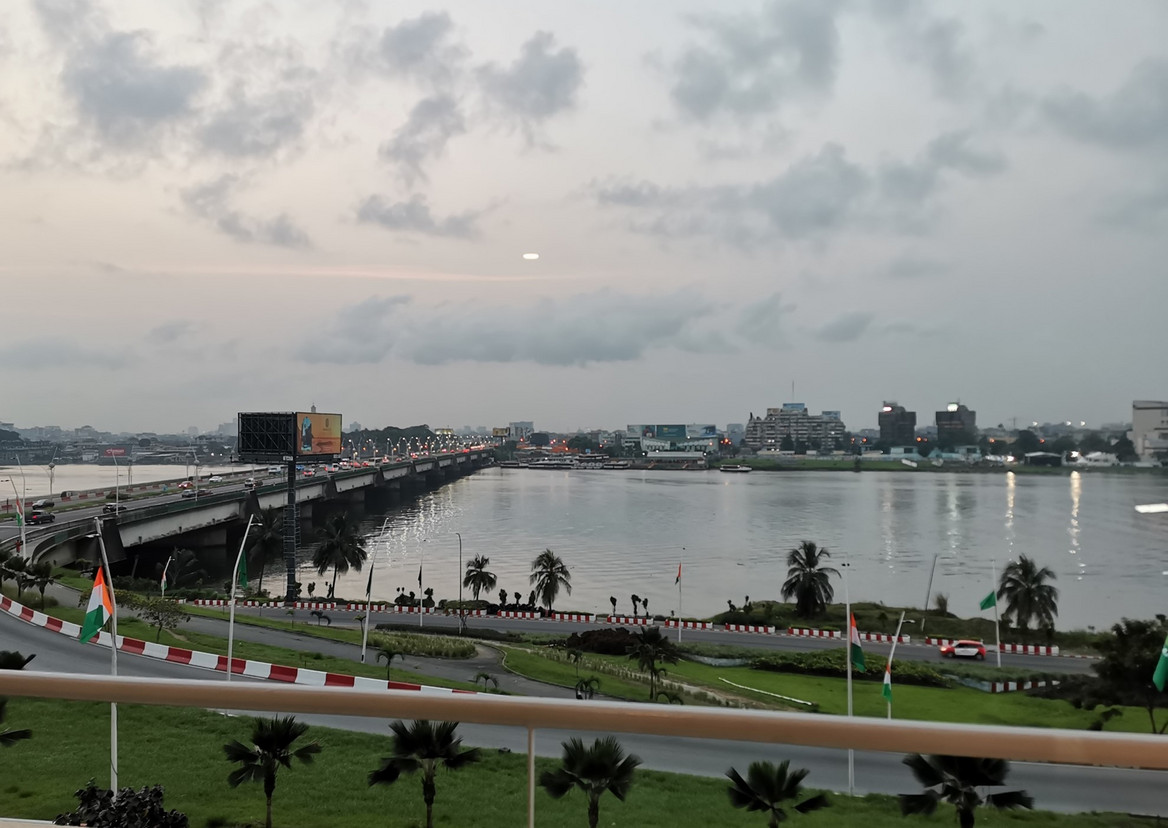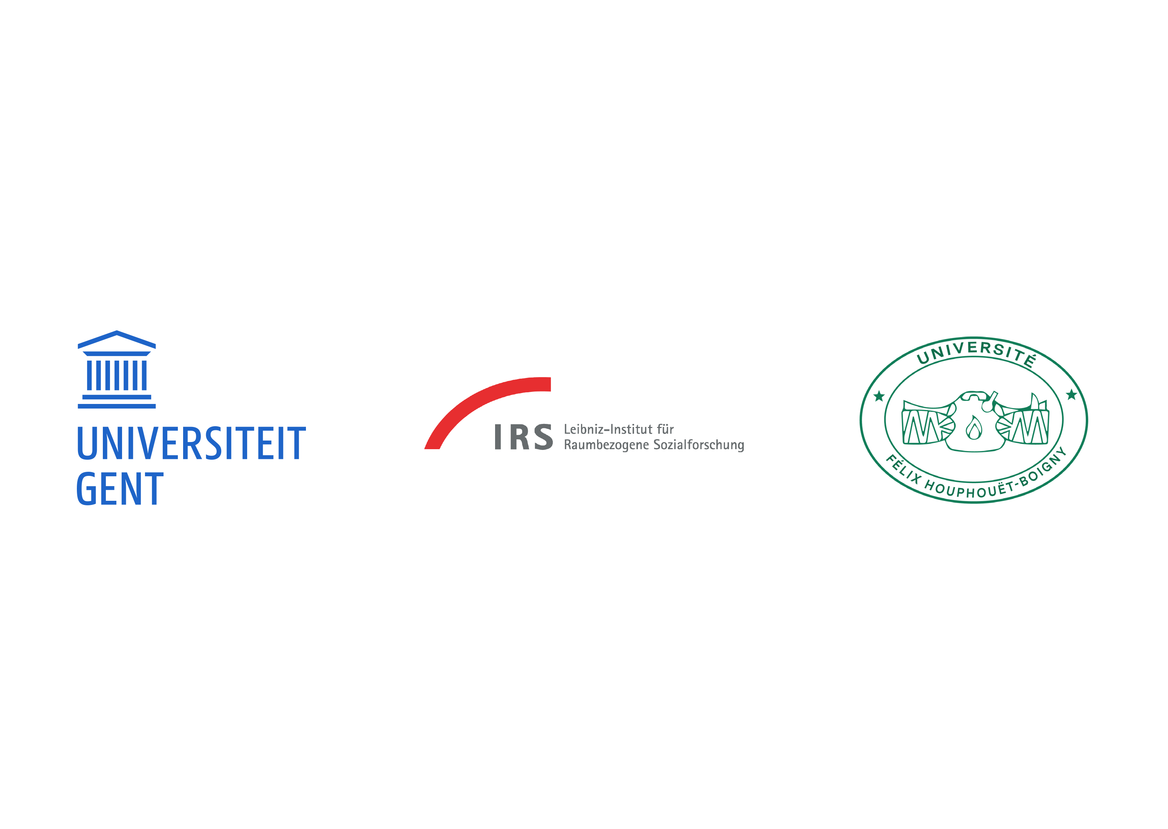Constructing Transport Architecture in West Africa. A Multi-Scalar History of Materialities, Territories and Actors / Construire l'architecture des transports en Afrique de l'Ouest. Une histoire multiscalaire des matérialités, des territoires et des acteu (CTRAAF)
Research department: Contemporary History and Archive
Project Leader within IRS: Dr. Monika Motylińska
Project Team: Paul Sprute Laurent Kohouri N'guessan
Consortium: Leibniz Institute for Research on Society and Space (Coordination) Ghent University University Félix Houphouët-Boigny
Funding Organization: German Research Foundation / Fondation allemande pour la recherche
Duration: 11/2023 - 11/2026
In 1963, a symposium on roads was organised in Abidjan by the Scientific Council for Africa and the Commission for Technical Co-Operation in Africa. Experts from all over the African continent, Western Europe and the USA took part. The discussions centred on technical solutions for the construction and operation of roads, from large and complex to simple approaches. At the time, a huge wave of infrastructure projects was being driven forward throughout West Africa. With large-scale infrastructure programmes, the (newly) independent African states sought not only to overcome their dependence on the former colonial powers and boost their own economies, but also to establish supra-regional connections across the arbitrary imperial borders. In this way, transport architecture became a nation-building project.
Over a period of three years, from November 2023 to November 2026, the joint German-Flemish-Ivorian project CTRAAF traces genealogies, materialisations and legacies of different forms of transport architecture, mainly from the 1950s to the 1980s, to investigate how ideas of infrastructure projects - as described by planners and state officials - were translated into transport architecture, in other words: how transport architecture in West Africa materialised across different scales, from the local and site-specific to the territorial, and who had agency in the process.
The project is funded by the German Research Foundation together with its Flemish counterpart, the Research Foundation - Flanders (FWO).
En 1963, un colloque sur les routes a été organisé à Abidjan par le Conseil scientifique pour l'Afrique et la Commission de coopération technique en Afrique. Des experts venus de tout le continent africain, d'Europe occidentale et des États-Unis y ont participé. Les discussions ont porté sur les solutions techniques pour la construction et l'exploitation des routes, qu'elles soient vastes et complexes ou simples. À l'époque, une énorme vague de projets d'infrastructure était lancée dans toute l'Afrique de l'Ouest. Avec des programmes d'infrastructure à grande échelle, les États africains (nouvellement) indépendants cherchaient non seulement à surmonter leur dépendance à l'égard des anciennes puissances coloniales et à stimuler leurs propres économies, mais aussi à établir des connexions suprarégionales au-delà des frontières impériales arbitraires. L'architecture des transports est ainsi devenue un projet de construction nationale.
Sur une période de trois ans, de novembre 2023 à novembre 2026, le projet conjoint germano-flamand-ivoirien CTRAAF retrace les généalogies, les matérialisations et les héritages de différentes formes d'architecture des transports, principalement des années 1950 aux années 1980, afin d'étudier comment les idées de projets d'infrastructure - telles que décrites par les planificateurs et les représentants de l'État - ont été traduites en architecture des transports, en d'autres termes : comment l'architecture des transports en Afrique de l'Ouest s'est matérialisée à travers différentes échelles, du local et spécifique au site au territorial, et qui avait un pouvoir d'action dans le processus.
Le projet est financé par la Fondation allemande pour la recherche et son homologue flamand, la Fondation pour la recherche en Flandre (FWO).



